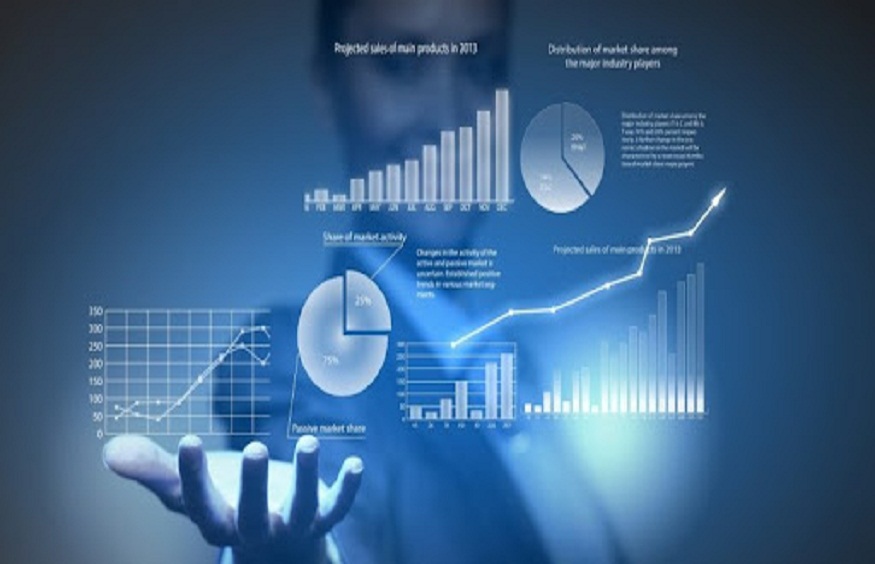The Role Of Technology And Data Analytics in Improving CPA Audits
Being in a fast-paced business environment is not an easy thing to pull off, even as a certified public account or a business owner in Colorado. Certified public accounts are under constant pressure to deliver high-quality audits that meet the needs of stakeholders. With the rise of technology, the complexity and the number of variables present in the audit scope have increased significantly.
As the complexity of financial transactions and data continues to grow, CPAs have to adapt and innovate to stay ahead of the new upgrade of the system. One key area of innovation here is the integration of technology and data analysis into the whole audit process.
A CPA in Centennial, Colorado, now has the option to change the way they conduct audits and improve the overall efficiency and accuracy of the audit with the help of technology and Data Analytics. If you are looking for a business to get audited, make sure to consult professionals with advanced tools and technology to have a good quality audit done.
What Are The Benefits of Incorporating Technology And Data Analytics?
1. Increase efficiency
Technology has given the benefit of many manual tasks that used to take a lot of time by human effort, and now, the same task can be done within seconds by just giving a command. It reduces the time and effort that used to go behind conducting an audit.
2. Better Accuracy
With the growth of technology, human error has decreased significantly. The accuracy of audits is higher because there is less human intervention and a low chance of human error.
3. High Level of Risk Assessment and Decision Making
Technology enables the CPA to identify and assess any possible or existing risk. Technology also provides real-time data and insights, which can help the organization make informed decisions based on the trends and things going on within the organization.
What Role Does Data Analytics Play in CPA Audits?
1 .Analyze Data Sets
One of the most amazing advantages of Data Analytics is that the tools enable the CPAs to analyze large data sets and identify patterns and trends within the data set that can indicate a lot of things, such as errors or potential fraud. Data analytics tools also help CPAs identify any present anomalies and focus on the high-risk areas.
2. Better Audit Accuracy
It is humanly not possible to draw all the pie charts and analytic diagrams for every type of data set or data and visualize it properly during an audit. Data Analytics has improved the quality of audits by giving CPAs more accurate and reliable data that can show multiple trends that have been going on.
What Are The Analytic Techniques Used in Audits?
- Journal entry analysis is a commonly used analytic technique during CPA audits. Data analytics tools analyze all the journal entries to identify any unusual or potentially suspicious transactions.
- Data Analytics tools also map business processes to identify any efficiencies and areas of improvement according to the Analytics. This is known as process mapping.
- 2- and 3-way matches are also done using the Data Analytics tools to match the data from different sources and identify any potential discrepancies or errors in the data.
- Data Analytics tools analyze the general account balance in order to identify unusual or suspicious activity. This is known as general ledger account balance analysis.
What Are The Challenges and Limitations of Technology and Data Analytics in CPA Audits?
- Data quality and consistency issues
- Privacy and security concerns
- Skill gap among auditors
- High implementation costs
- Overreliance on automated systems
- Difficulty in auditing complex AI systems
- Potential for algorithmic bias
- Challenges in data integration from multiple sources
- Keeping pace with rapidly evolving technology
- Limitations in handling unstructured data
- Regulatory compliance in using advanced analytics
- Interpreting and communicating complex analytical results
- Maintaining professional skepticism in an automated environment.


Leave a Reply
You must be logged in to post a comment.